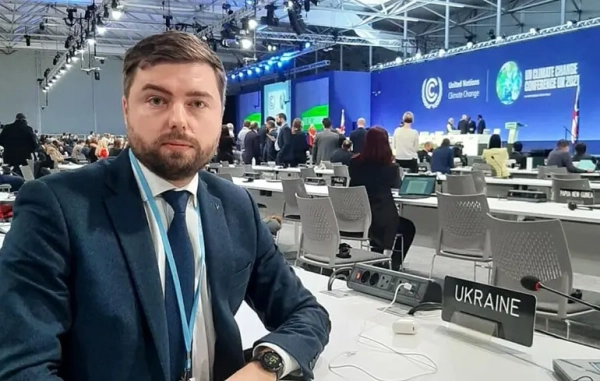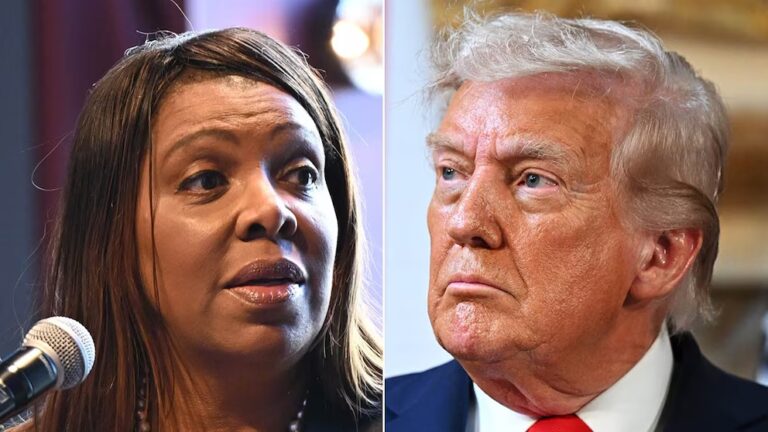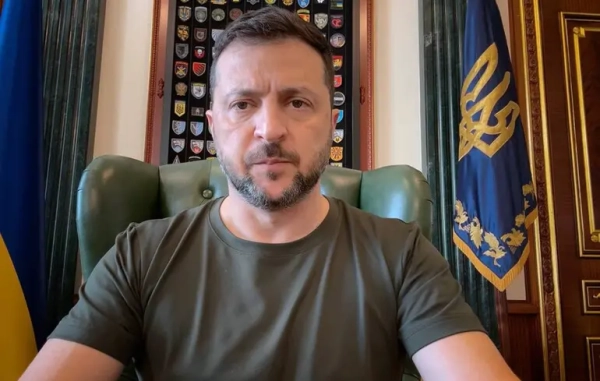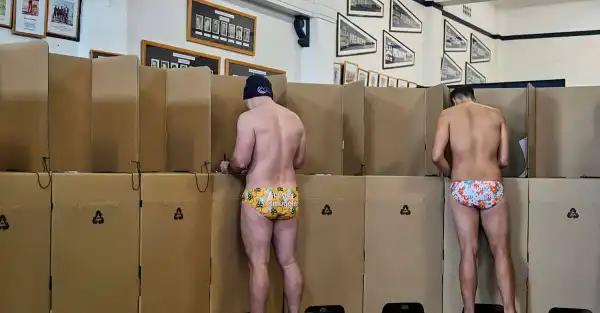
The counting of votes in Australia's general election has begun after polling stations across the country closed.
Vote counting is actively continuing in the east of the country, where polling stations closed two hours earlier than in the west.
Prime Minister Anthony Albanese and his challenger Peter Dutton began their campaigns on Saturday in the electorally important city of Melbourne. Mr Albanese later returned to Sydney and Mr Dutton headed to his home city of Brisbane to vote.
Mr Albanese was accompanied by his fiancee Jody Haydon and adult son Nathan as he was greeted by supporters at a polling station in his constituency.
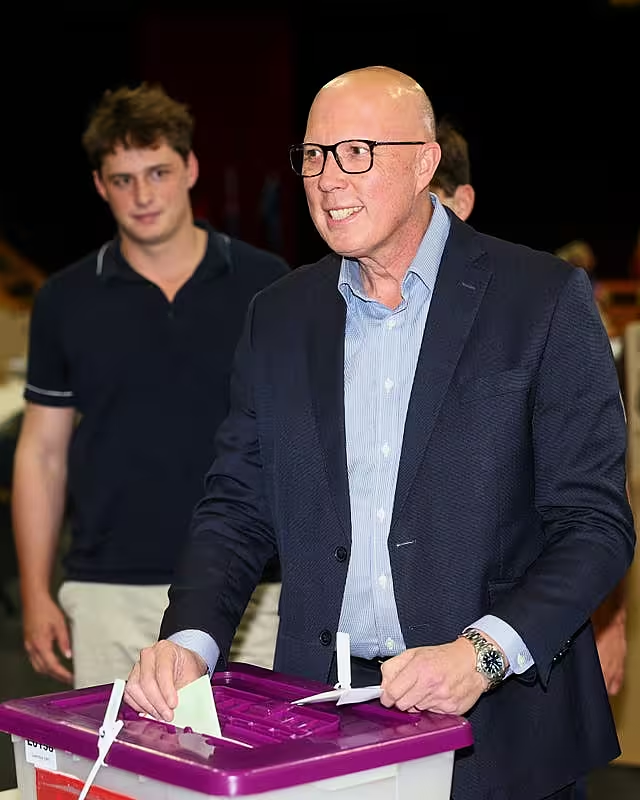
Mr Dutton came with his wife Cyril Dutton and adult children Rebecca, Tom and Harry to vote in his constituency.
The leaders will address party rallies in Sydney and Brisbane later as the Australian Electoral Commission begins counting votes. Typically on election day, leaders concede defeat and declare victory.
Energy policy and inflation were key issues during the campaign, with both sides agreeing that the country faces a cost-of-living crisis.
Mr Dutton's conservative Liberal Party accuses the government of wasteful spending, which they say is worsening inflation and driving up interest rates. They promise to cut more than a fifth of public service jobs to reduce public spending.
While both sides agree the country must reach net-zero carbon emissions by 2050, Mr Dutton argues that increasing the share of nuclear power instead of renewables such as solar and wind power will provide cheaper electricity.
Labor has dubbed the opposition leader “Doge and Dutton”, accusing his party of emulating US President Donald Trump and his governing style.
Labor says Mr Dutton's administration will cut services to fund its nuclear ambitions.
“What we have seen is an attempt to bring American style politics here, dividing and pitting Australians against each other, and I think that is not the Australian way,” Mr Albanese said.
He also stressed that his government had improved relations with China, which had removed a range of formal and informal trade barriers that had cost Australian exporters A$20 billion a year since Labor came to power in 2022.
Sourse: breakingnews.ie
